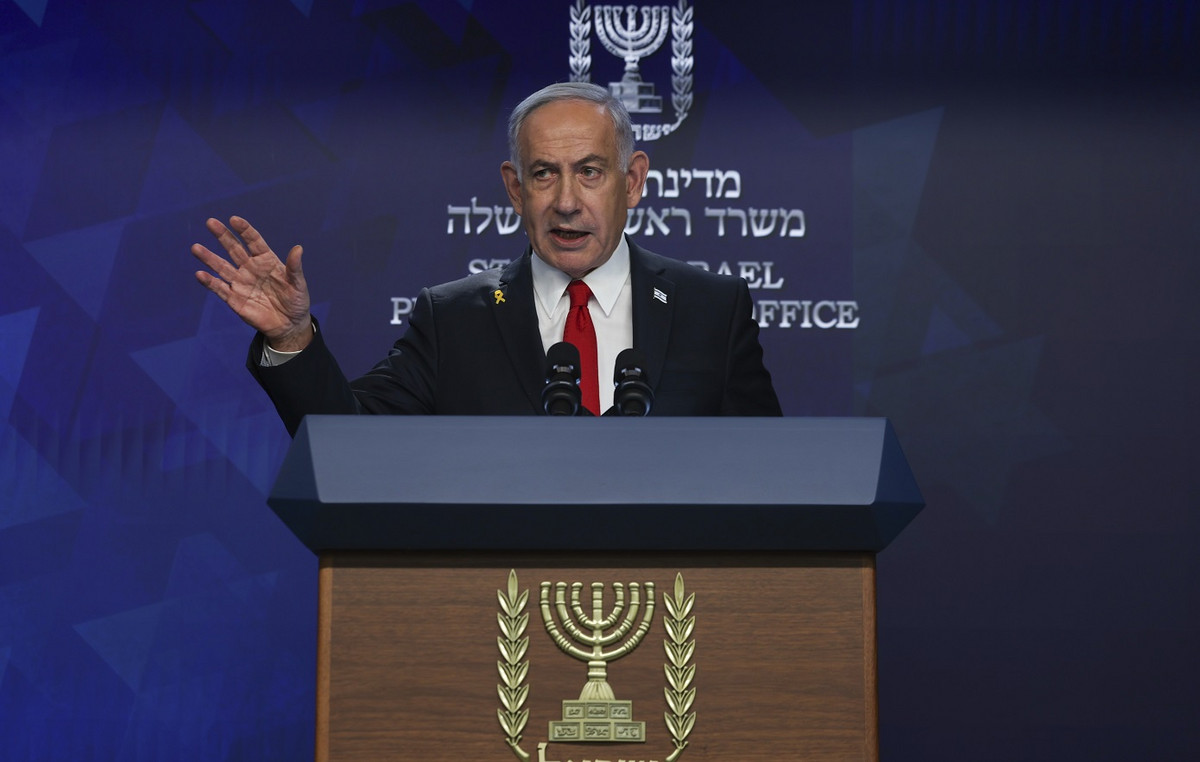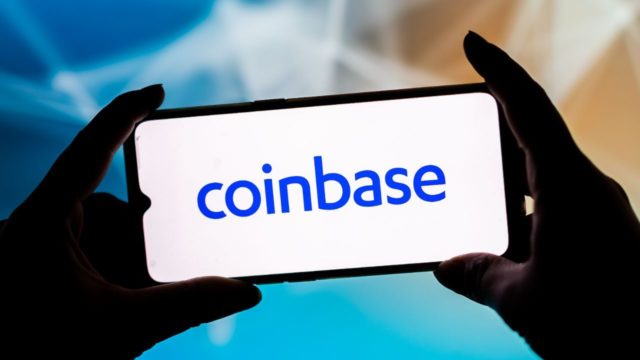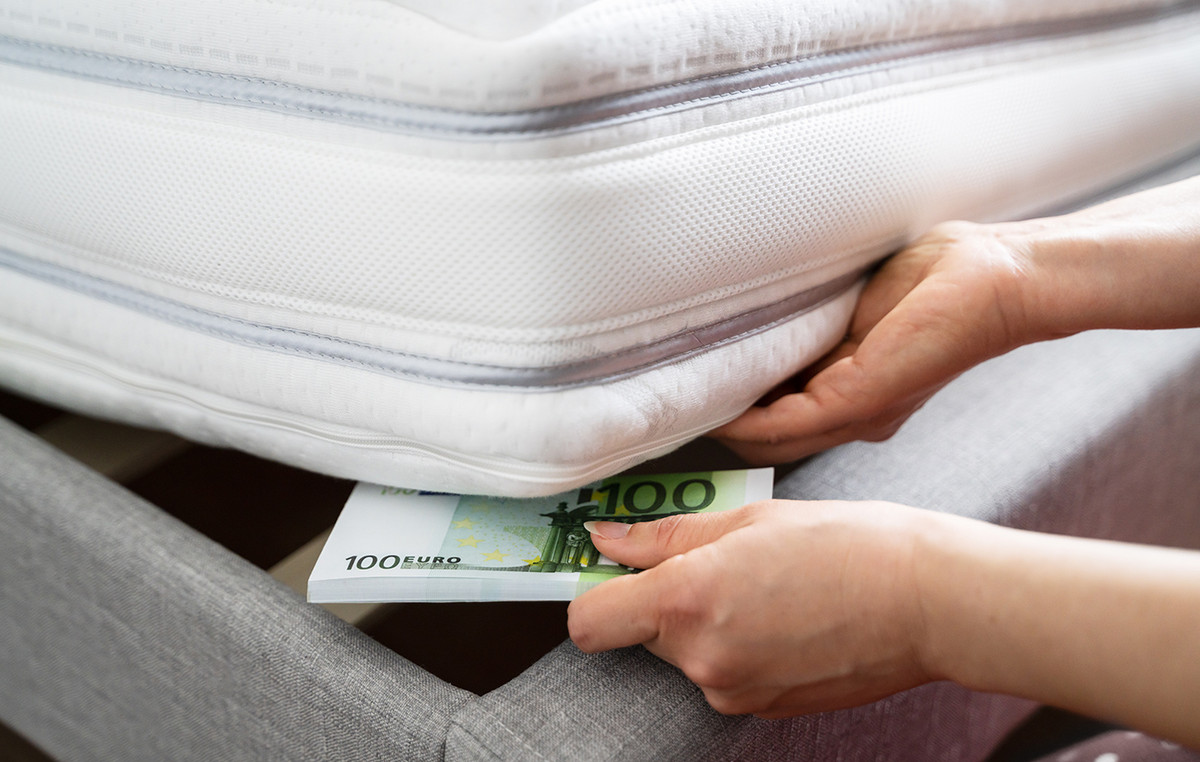Russian President Vladimir Putin’s past was highlighted recently with the admission that, in the tumultuous days that followed the collapse of the Soviet Union, he made money as a taxi driver.
“Sometimes I had to do night work and drive a taxi,” Putin said in an excerpt from an interview with “Russia. Nova História”, a documentary on state television. “It’s unpleasant to talk about it, but unfortunately it happened,” he added.
The revelation, in fact, tells us very little about the post-Soviet fate of the former KGB (Russian spy entity) officer. It was quite common in economic MMA in the 1990s for Russian drivers to accept passengers for a few extra rubles. In the days before app transport, all you had to do was signal a passing car and agree on the fare that would be charged.
Putin’s confession about the taxi was not a candid moment – the Kremlin, after all, keeps close at hand the real details of his personal life. But this small biographical moment reveals something about Putin’s overarching political goal: to rewind the tape to 1991 and compose an alternative script for the decades to come.
“We have become a completely different country. And what had been built over a thousand years was largely lost,” lamented the longtime Russian leader in the interview.
In recent months, Putin’s favorite project has been an attempt to rewrite one of the most significant chapters in recent European history: the emergence in 1991 of a sovereign and independent Ukraine – Russia’s neighbor.
In June, during a call-in show televised nationally, Putin declared that Ukrainians and Russians were one “people”. He then elaborated on the matter in a five-thousand-word article in which he lamented the “artificial division between Russians and Ukrainians.”
Stripped down to its essence, Putin’s argument was that Ukraine and the Ukrainians are part of a larger “historic Russia” – and that today’s Ukraine, which gained independence in 1991, was just the by-product of the administrative and territorial boundaries drawn up by Soviet leadership.
The Russian president made no mention, of course, of the millions of Ukrainians who voted overwhelmingly for independence.
No, in Putin’s opinion, post-Soviet Ukraine has become a tool of the West to weaken Russia.
“Ukraine has been drawn into a dangerous geopolitical game with the aim of turning the country into a barrier between Europe and Russia, a stepping stone against Russia,” he wrote. “Inevitably, there came a time when the concept of ‘Ukraine is not Russia’ was no longer an option. There was a need for the concept of ‘anti-Russia’, which we will never accept,” he added.
In other words, Putin appeared to be testing a historical justification – if necessary – for regime change in Ukraine.
And in the months following Putin’s foray into history, the increase in Russian troops on the Ukrainian border sent a clear signal that invasion was an option at stake.
Ukrainian security assessments say Russia has increased troop strength near the border by 120,000 people, and the United States has shared information with NATO allies and European partners about troop and equipment movements near Ukraine, which US officials believe that point to a potential invasion.
The Kremlin denies plans to attack Ukraine, and the Ministry of Defense says “regular” winter military exercises are taking place in the military region bordering Ukraine.
This Thursday (23), during his annual marathon press conference, Putin told national and international journalists that Russia “does not want any military action” but pointed the finger at the US and NATO.
“We asked directly that there should be no further movement by NATO to the east. The ball is in their court”, he stated. He later added: “Sometimes I feel like we’re on different planets.”
Call it “self-pity as a foreign policy.” The humiliations of the 1990s, from loss of power status to second-best income as a taxi driver in St. Petersburg, serve to justify Putin’s “Greater Russia” restoration project.
Of course, Putin’s complaints about Ukraine are nothing new. He touched on the same themes in his 2007 speech at the Munich Security Conference: the duplicity of an expanding NATO alliance right at Russia’s doorstep and the hidden hand of the West sparking protests in the streets of Ukraine.
The president may be playing the amateur historian, but his historical memory is decidedly selective.
Putin’s Russian prosecutors have taken steps to close down the International Memorial Society, a respected civic organization dedicated to documenting and educating the public about the history of Soviet totalitarianism, including the Gulag system of forced labor, arrests of dissidents and waves of executions that took place in the USSR.
In a recent speech for the Nobel Peace Prize, Russian investigative journalist Dmitry Muratov defended the Memorial, calling the organization a “people’s friend” – a fair characterization of an organization that wages an often lonely struggle to preserve victims’ memories of the Soviet system.
The Memorial has been designated a “foreign agent” by the Kremlin.
Muratov also had something to say about Putin’s favorite subject of Ukraine, claiming that Russia’s support for separatists in the east of the country had ended the chances of Russian-Ukrainian friendship.
“Besides, in the minds of some crazy geopoliticians, a war between Russia and Ukraine is no longer impossible,” said Muratov, who covered the conflict in the breakaway region of Chechnya in the 1990s. “But I know wars end with identifying soldiers [mortos] and the exchange of prisoners”, he pointed out.
This is not to say that Putin will invade Ukraine. Pressed in late October about how he proposed to halt NATO’s potential expansion into the eastern European nation, Putin said: “Unfortunately, I will probably disappoint you – I still don’t know the answer to that question.”
This content was originally created in English.
original version
Reference: CNN Brasil
I’m James Harper, a highly experienced and accomplished news writer for World Stock Market. I have been writing in the Politics section of the website for over five years, providing readers with up-to-date and insightful information about current events in politics. My work is widely read and respected by many industry professionals as well as laymen.







